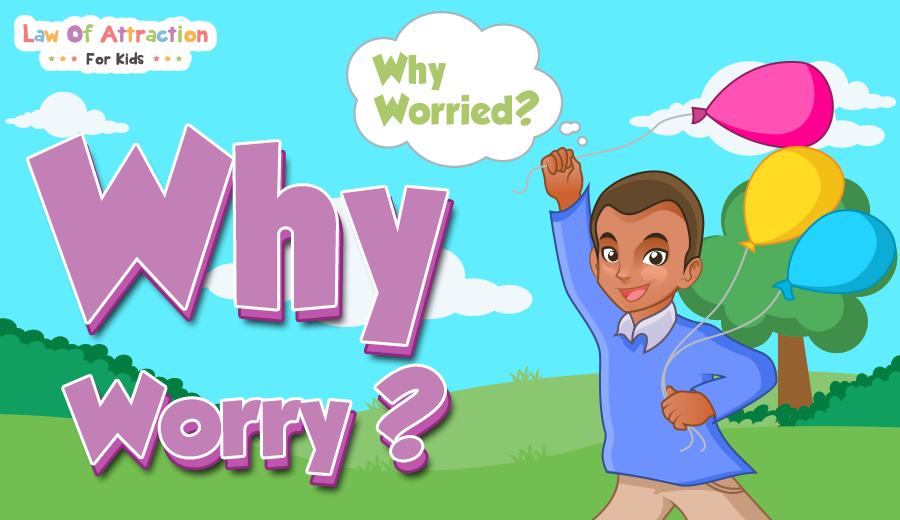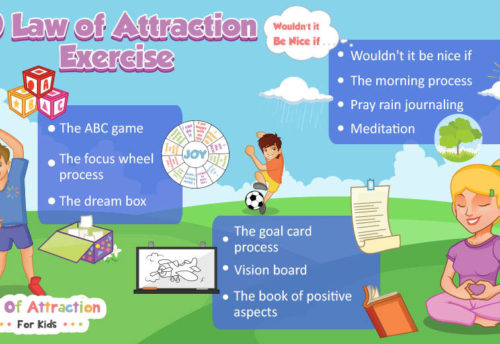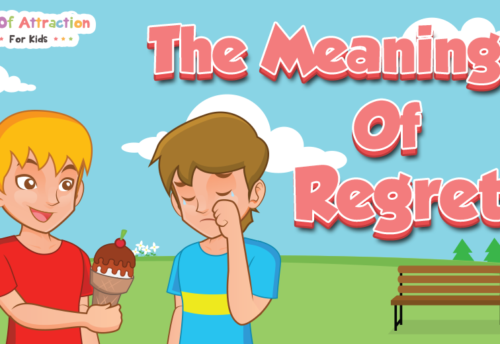
Why Worry?
Pretend you have a dog. Call him Puffy. Puffy the white dog with fluffy hair that looks like a puff ball when he’s running. Imagine one afternoon you come back from school all excited to play in the garden with him. You open the front door and yell out his name at the top of your lungs. You hear no little feet pattering over so you try again, louder this time. PUFFYyyyYyyyYyyYYYY!!! Still no welcoming bark. At this point you could be starting to get worried or maybe not. You go through to the living room, still calling his name, then on to the kitchen. No sign of Puffy. If you weren’t worried about Puffy before, now you are. All kinds of thoughts start flooding your brain. Thoughts like “Puffy is always here when I get home from school,” or “He always comes running when I call his name. Something must have happened to him!” You check the whole bottom floor and head upstairs.
You run into your mom who is just relaxing on the couch reading a magazine and your voice comes out, more frantic than you had meant for it to. “Mom! Mom! Have you seen Puffy?”
Your mom, not at all stressed, barely even bothering to look up from her magazine says, “No cupcake (or whatever she calls you).” Now starts the police interrogation. “When was the last time you saw him? How did he look? Were there any suspicious looking strangers hanging around in the neighborhood over the past few days?”
Your mom, perhaps getting tired of your questions and wishing simply to read her magazine in peace says something like, “Have you checked the attic?”
“That doesn’t make any sense at all,” you think to yourself, “Why would Puffy go up there?”
But since you have nothing better to do and your mom’s patience is reaching its limits, you decide to go investigate. And what do you find there but Puffy snoring away, belly in the air, tongue hanging out, in the cutest sleeping position ever?
By now hopefully you can see how unnecessary all that worry was. And yet this is what we do much of the time. Not only is worrying stressful, it also brings more worrying situations into our lives—so says our favorite law (the law of attraction of course!). This is because worrying is just another name for visualizing and pre-paving a bad-case scenario. Why would anyone in their right mind do that? It gives you a double dose of bad feelings—once in the present and a second time in the future (unless you recognize the pattern and decide not to give into it). The future is wide open. Don’t paint a dark picture over it. It’s just as easy (and a lot more fun!) to imagine the best-case scenario.
Some people call this optimism or having a glass-half-full approach, but when it comes to thinking about the future where literally anything could happen, it’s really just the sensible attitude to have.



